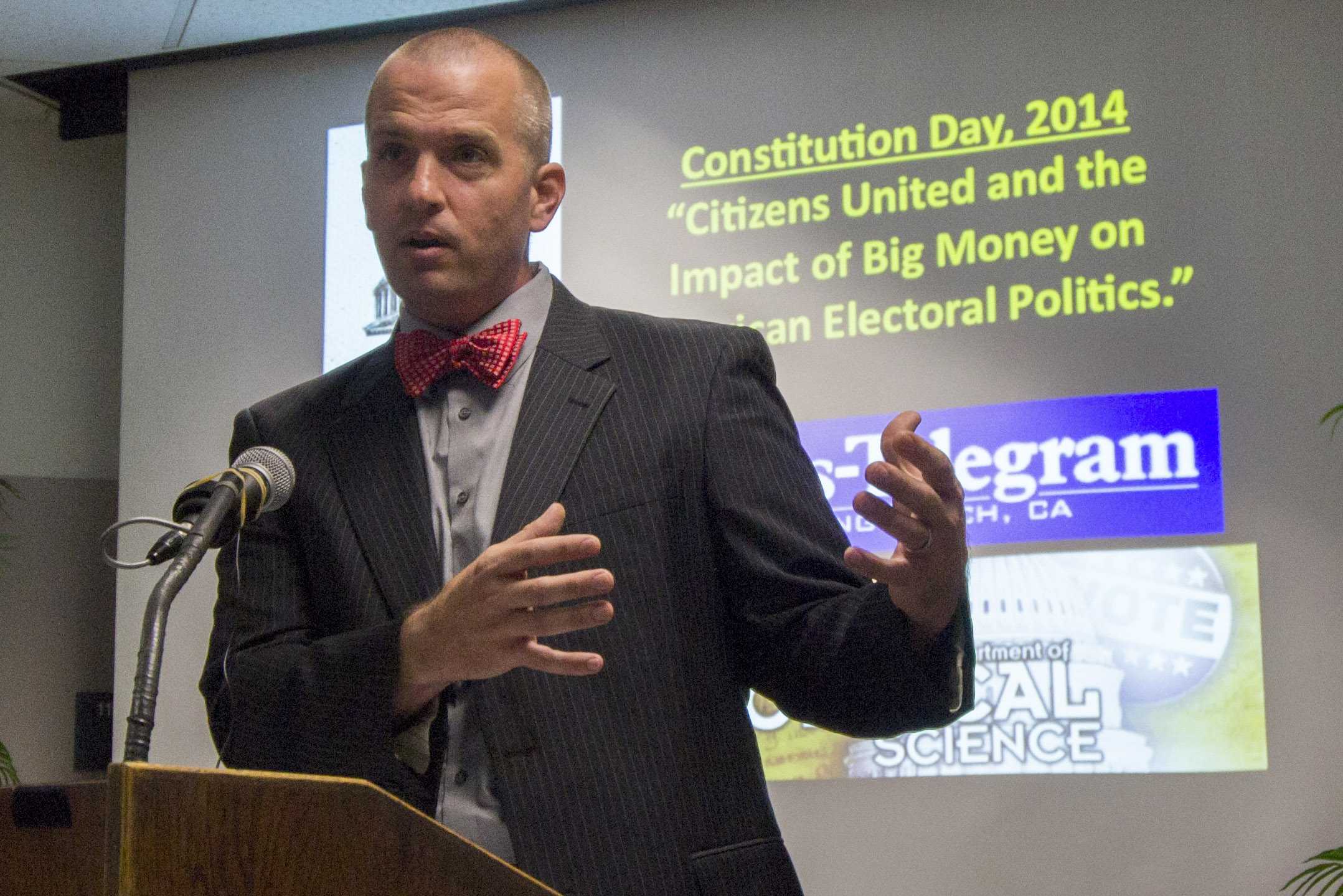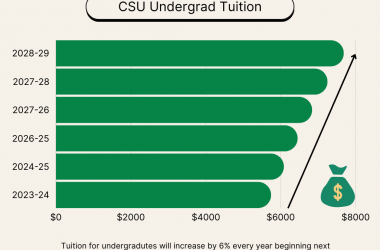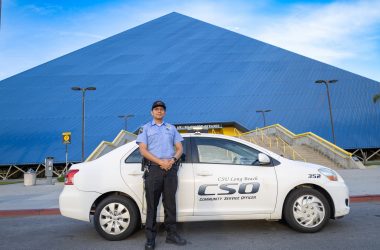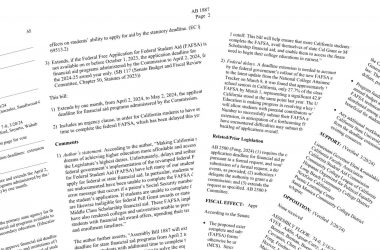As U.S. senate elections approach in November, professors from the Center for First Amendment Studies discussed on Wednesday the current and historical controversies of funding political campaigns and how they many affect election results.
Craig Smith, director of the Center for First Amendment Studies and communication studies professor, opened his speech by discussing how Congress passed the Corrupt Practices Act of 1910 while former President William Howard Taft was in office. The act was an early attempt at campaign finance reform.
“So this was the first time, that you had to say who was giving you money, and that has been as controversial issue ever since,” Smith said.
For both profit and non-profit organizations, advocacy advertisements could favor the certain political campaigns as long as they don’t coordinate their efforts with the campaign, Smith said.
“This is a very touchy, legal point,” Smith said. “How do you know when they’re coordinating and when they’re not coordinating?”
Smith also brought up the independent action groups, which can raise as much money as they can, which was used to bring down former Democratic presidential candidate Michael Dukakis with attack ads.
First Amendment Studies research director and communication studies professor Kevin Johnson said he wanted to share the complexities of the current cases and some of the issues and impacts associated with them.
Johnson said that major issues involved in modern cases included corruption, democratic participation and freedom of the press.
Student attendees like freshman health development administration major Stephanie Vargas said that she dislikes how money is such a great influence on the political arena.
“I don’t really support it because I do feel that it does give the political party an advantage if they out-buy the other party,” Vargas said.
A few other students, who attended the speech as an extra credit assignment for a political science course, approached the event’s speakers afterwards.
“We were asking about the effects of grass root efforts towards political campaigns and how the Internet will play a prevailing role in future elections,” freshman economic major Andrew Burger said.
Burger and freshman kinesiology major Jason Rosen said that apart from the Internet being used to help political campaigns, they wouldn’t go out of their way to research on a candidate.
“As 18-year-olds — we’re just able to vote now — we’re not necessarily educated…enough to make the wisest decisions,” Rosen said.
Political science professor Barry Steiner said that “government literacy” is so important for students to apply that legislature decided to make a political science course as a general education course requirement at colleges and universities.
“It’s really essential for democratic participation,” Steiner said. “When students know when government can do for them, they’ll participate more.”
In response to Long Beach’s low voter turnout of 14 percent earlier this year, Smith recommended that Long Beach try to move its local government elections closer to the national or state elections.
“Literacy about politics — about government — is very difficult to sell,” Smith said. “People are very lazy when it comes to learning about government issues.”
He suggested that citizens should have a national voting weekend, saying turnout will increase.




